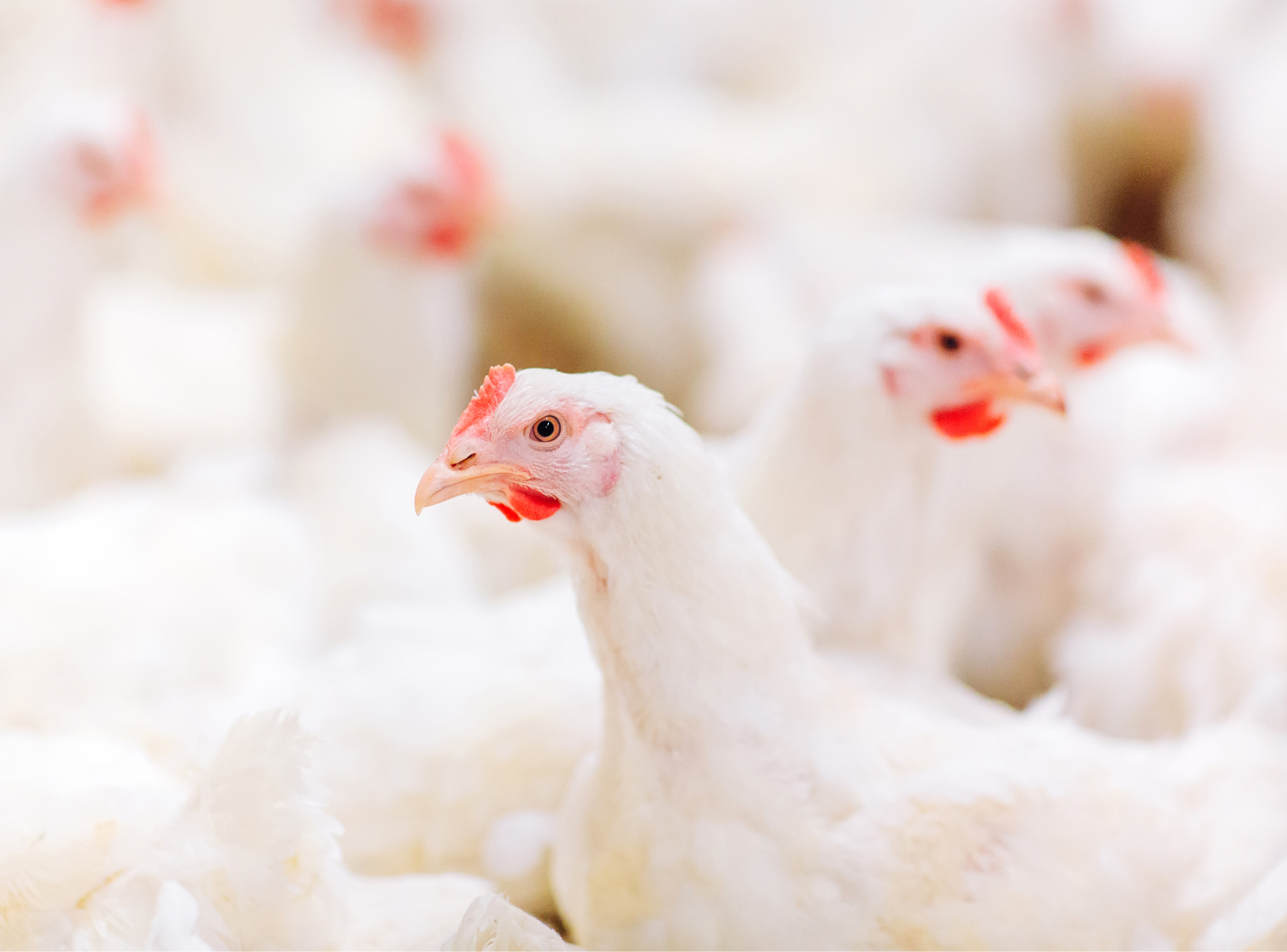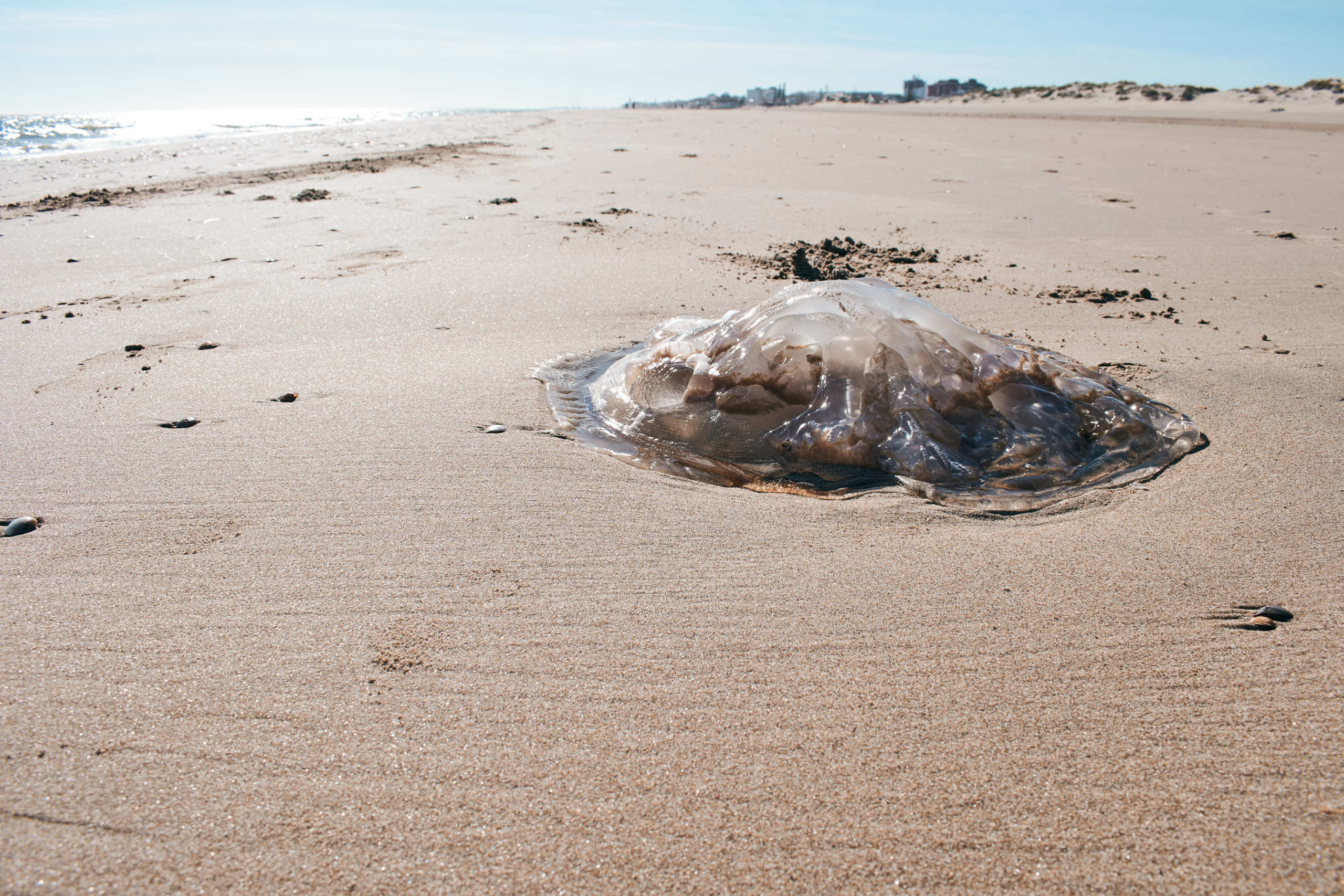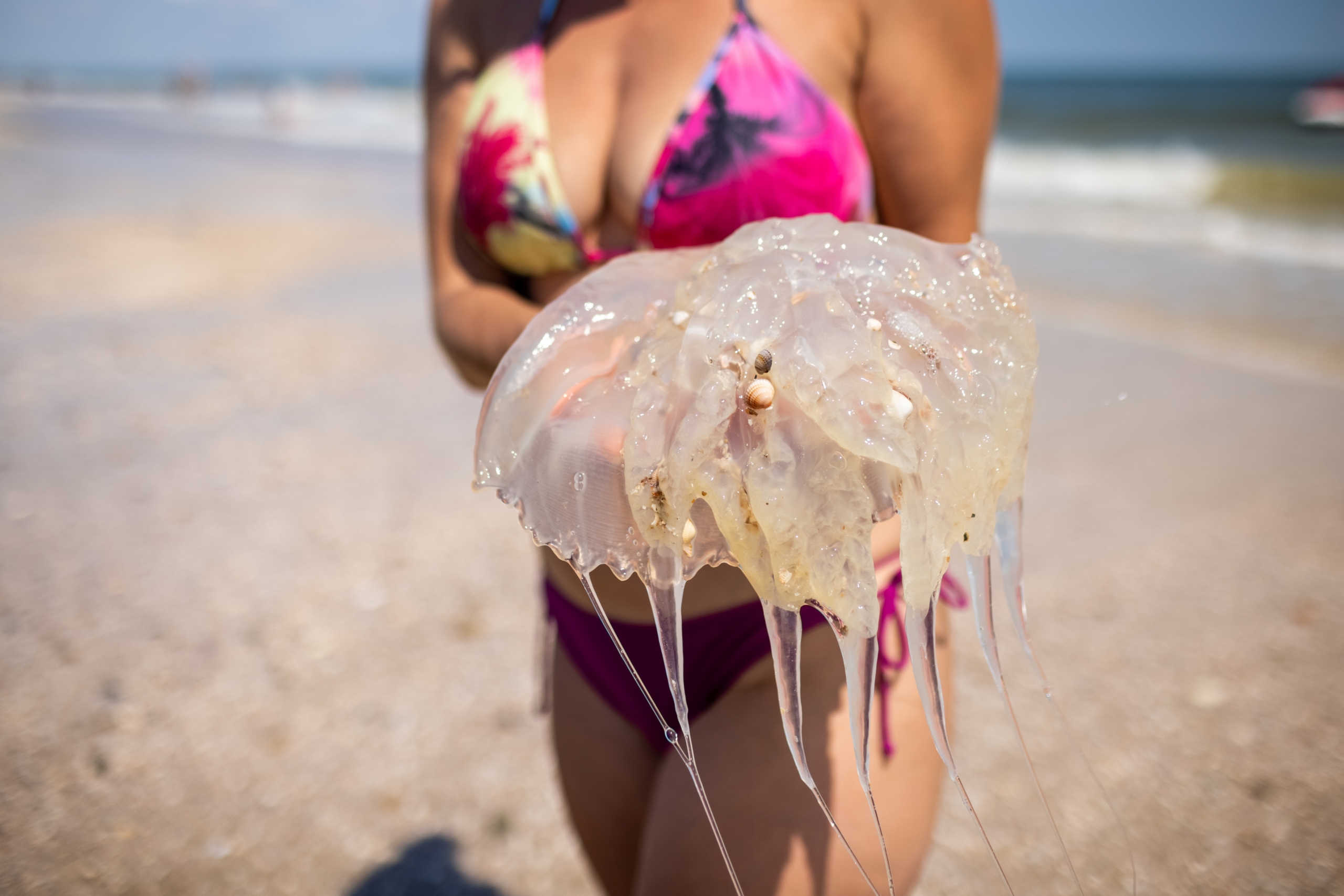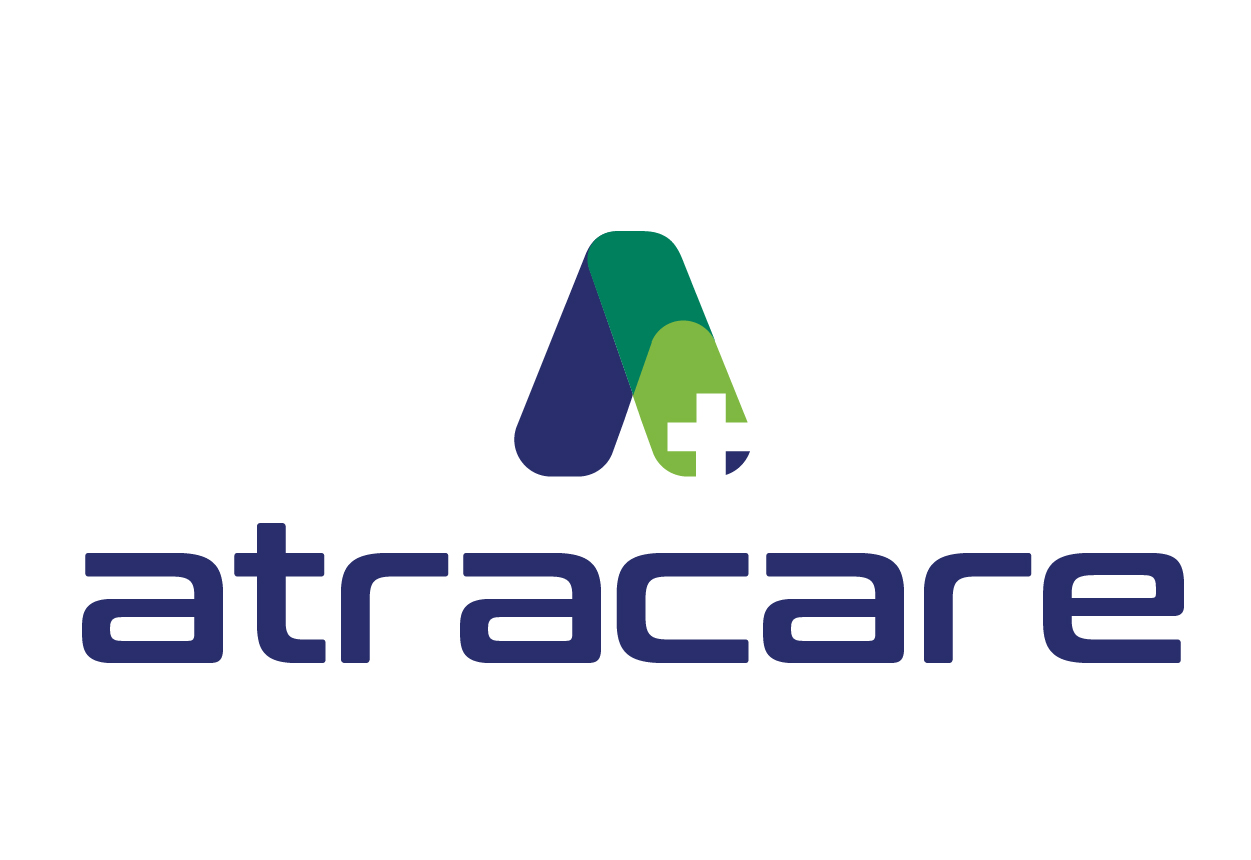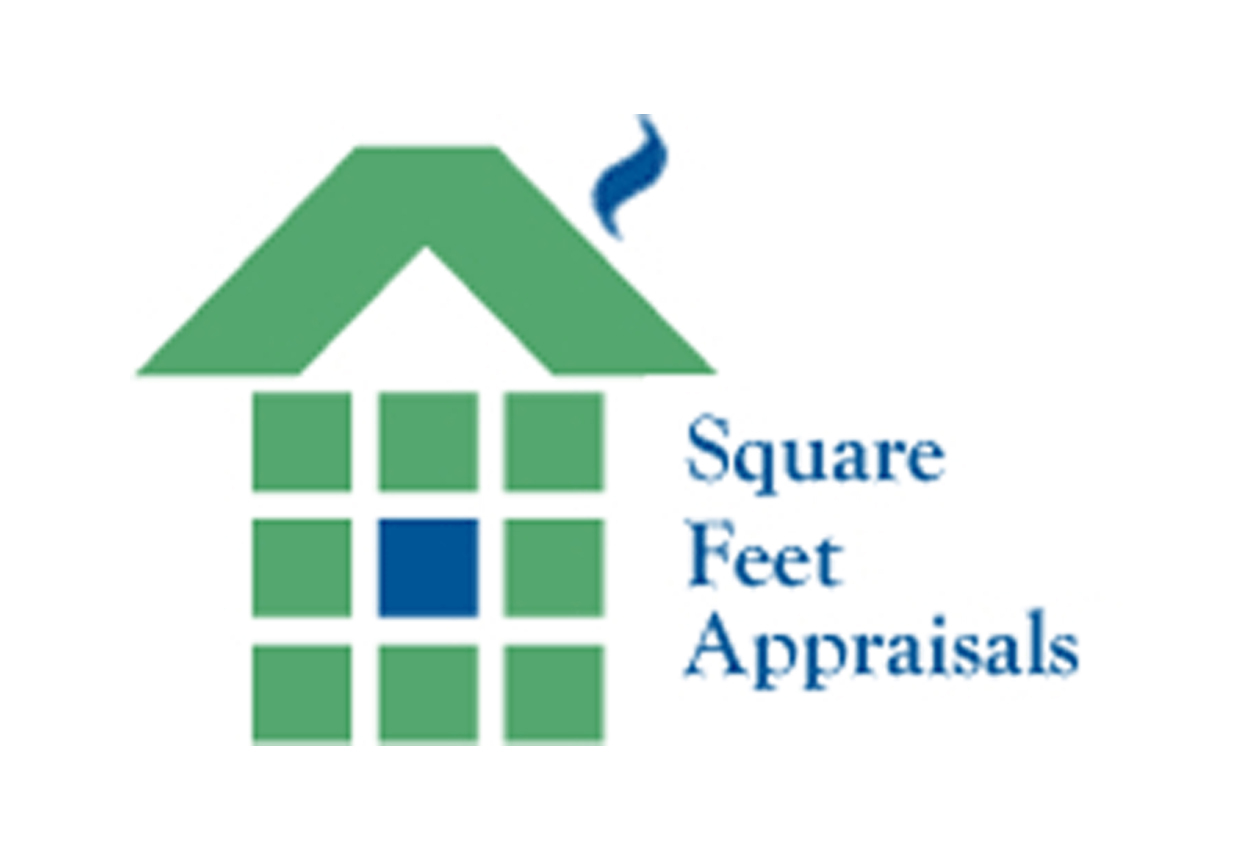Delaware’s First Presumptive Positive H5 Avian Influenza Case of 2025
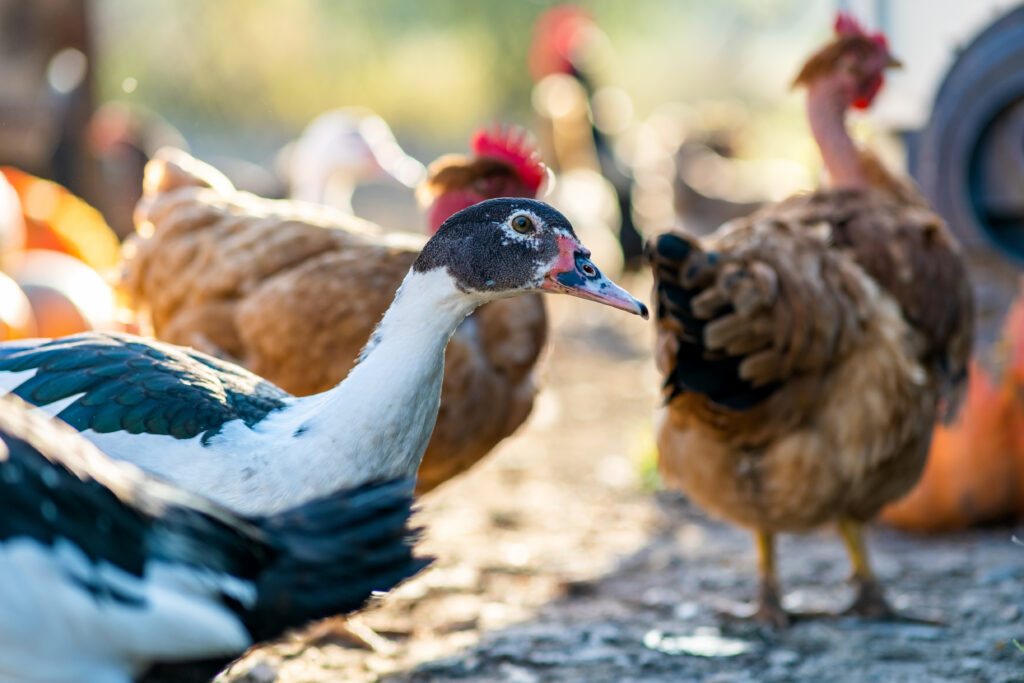
On January 3, 2025, the Delaware Department of Agriculture made a significant announcement regarding the state’s poultry health. Preliminary testing revealed a presumptive positive case of H5 avian influenza in a commercial broiler flock located in Kent County. This result came from the University of Delaware’s Lasher Laboratory in Georgetown, which is part of the National Animal Health Laboratory Network. To confirm these findings, additional samples have been dispatched to the U.S. Department of Agriculture’s National Veterinary Services Laboratory (NVSL) for further analysis.
Immediate Actions Taken
In response to this alarming discovery, state officials have taken swift action by quarantining the affected premises. The birds on the property are being depopulated to mitigate any potential spread of the disease. Importantly, officials have assured the public that none of the birds from this flock will enter the food system, ensuring food safety remains a priority.
Context and Recent Developments
This case is part of a broader concern regarding avian influenza in Delaware. Just days prior, presumptive positive results were found in snow geese at Prime Hook Beach, with confirmatory results still pending from NVSL. Public involvement has been crucial; over 850 wild birds—including various species like Canada geese and vultures—have been reported dead through the DNREC Division of Fish and Wildlife’s Sick and Dead Wildlife Reporting Form. While some reports may overlap or involve deaths from other causes, officials suspect that many more birds have succumbed to the virus in less visible locations.
Understanding Avian Influenza
Avian influenza (AI) is a highly contagious airborne virus primarily affecting poultry such as chickens, ducks, and turkeys, as well as certain wild bird species. The virus spreads rapidly among birds through nasal and eye secretions and manure. It can also be transmitted between flocks via contaminated equipment and clothing worn by caretakers. Given its mobility, wild birds like snow geese pose a significant risk as they migrate and interact with domestic poultry.
Precautionary Measures for Poultry Owners
Given this recent outbreak and the ongoing presence of avian influenza among wild bird populations, poultry producers—both commercial and backyard owners—are urged to adopt heightened biosecurity measures:
- Limit Movement: Monitor and record any movement of people, vehicles, or animals on or off your farm.
- Restrict Access: Allow only essential workers and vehicles to enter your farm.
- Avoid Unnecessary Travel: Refrain from visiting other poultry farms unless absolutely necessary.
- Disinfect Thoroughly: Clean equipment, vehicles, footwear, and any items that come into contact with flocks.
- Protect Flocks: Keep domestic birds away from wild or migratory birds.
- Isolate Sick Birds: If any animals show signs of illness, isolate them immediately and consult a veterinarian.
Reporting Illness in Flocks
If poultry owners observe signs of illness or increased mortality in their flocks, they should take immediate action:
- Commercial Producers: Contact your processing company upon noticing disease symptoms.
- Backyard Flock Owners: Reach out to the Delaware Poultry Health Hotline at poultry.health@delaware.gov or call 302-698-4507 with details about your flock size, location, and concerns.
Conclusion
As Delaware navigates this new challenge with avian influenza, it is crucial for all poultry owners to remain vigilant. The interconnectedness of wild bird populations and domestic flocks means that proactive measures are essential to safeguard both animal health and public safety. By adhering to recommended precautions and staying informed about developments, we can work together to mitigate the impact of this virus on our agricultural communities.

